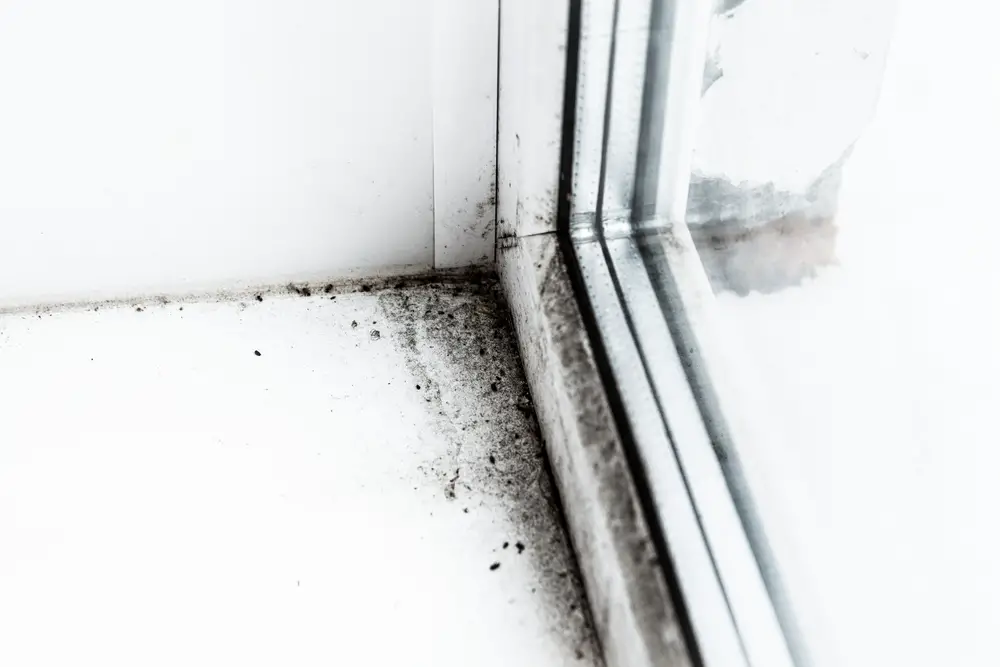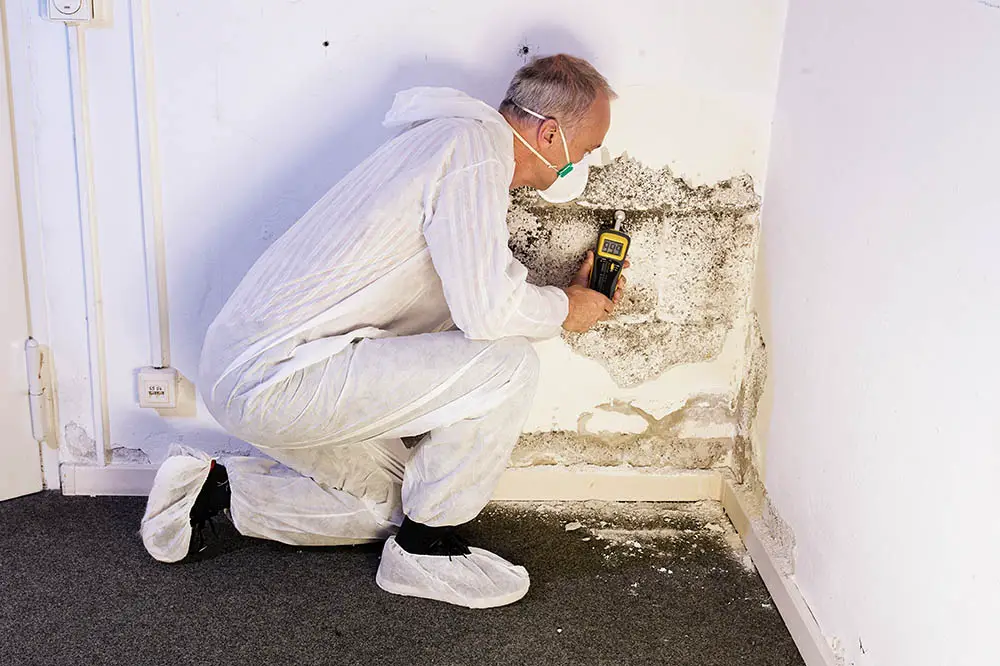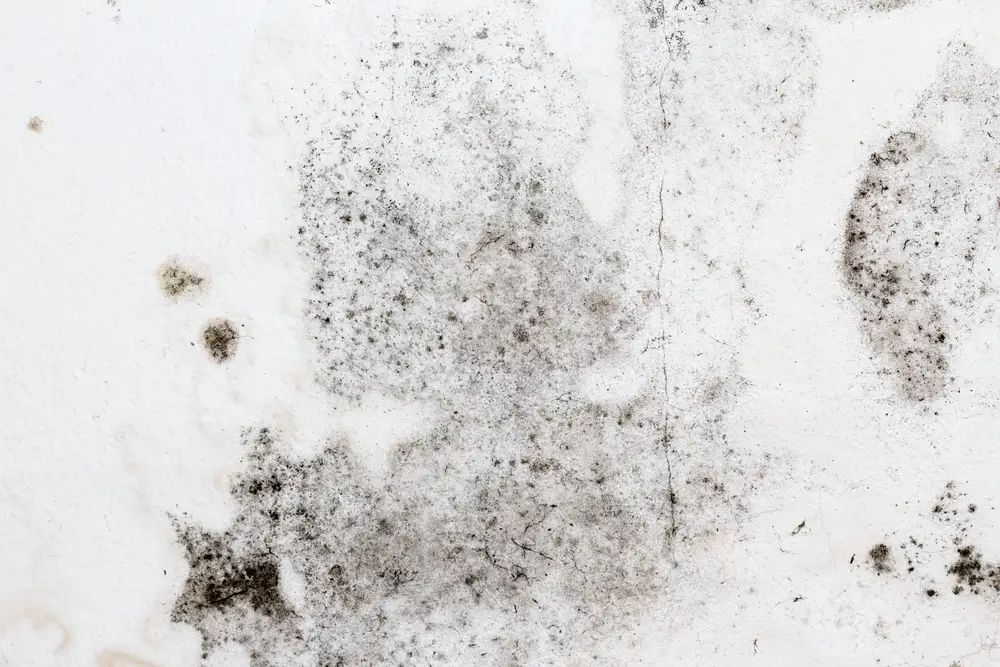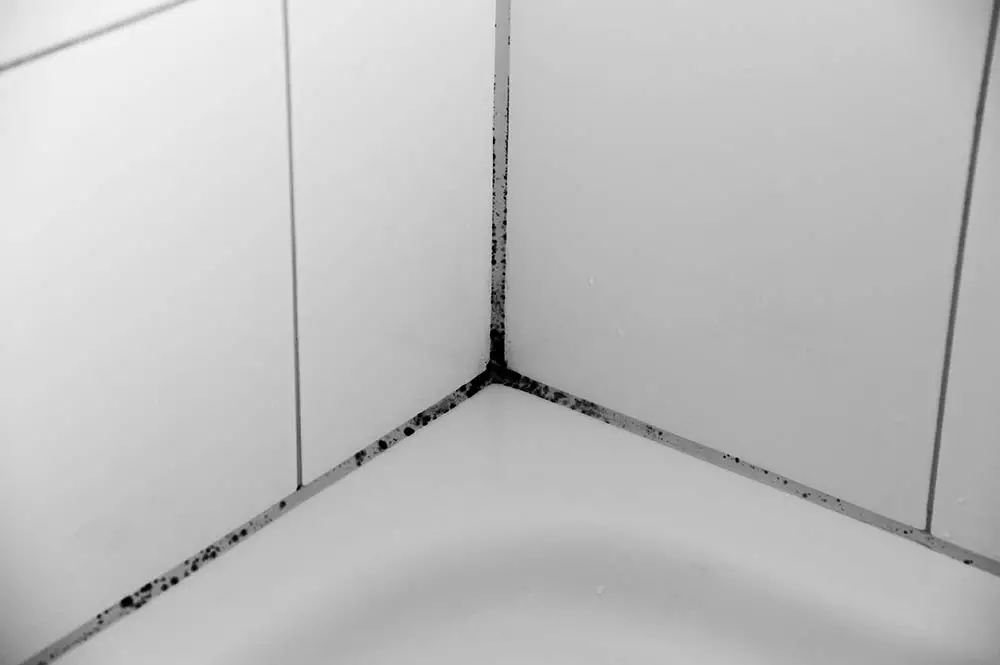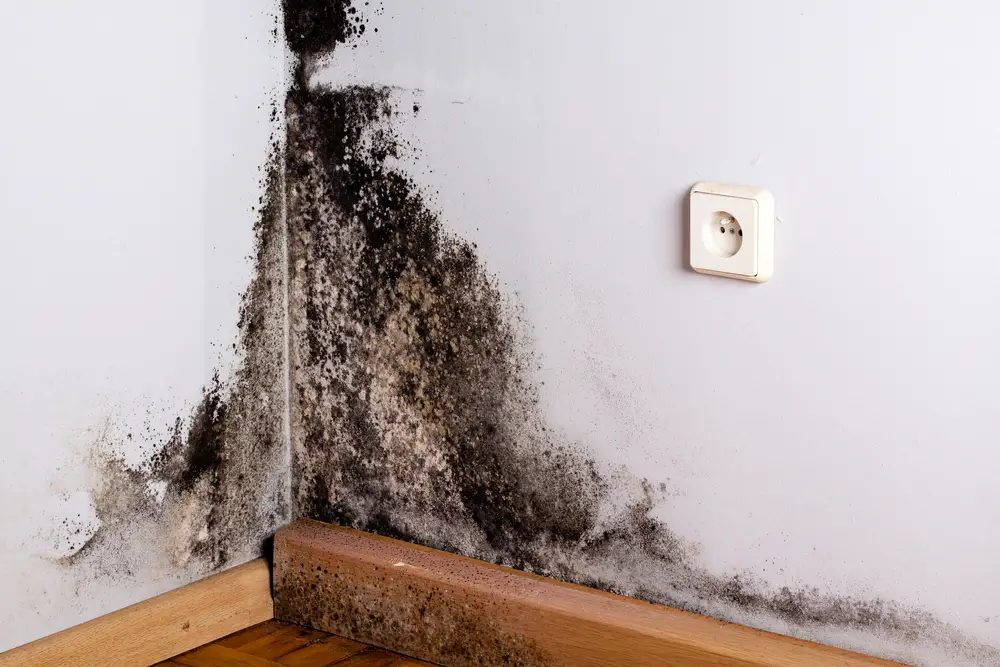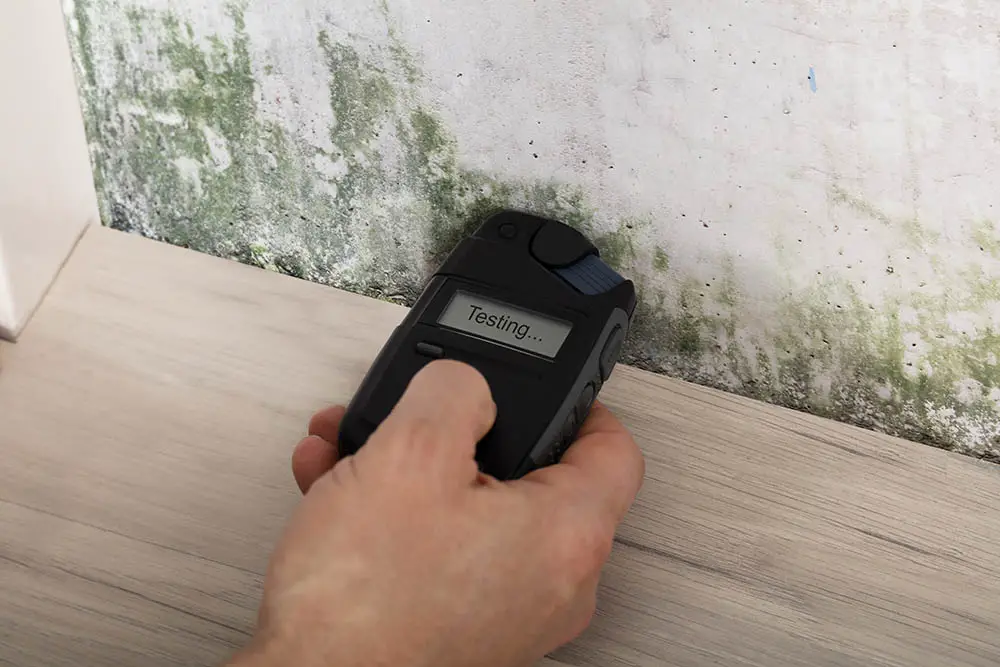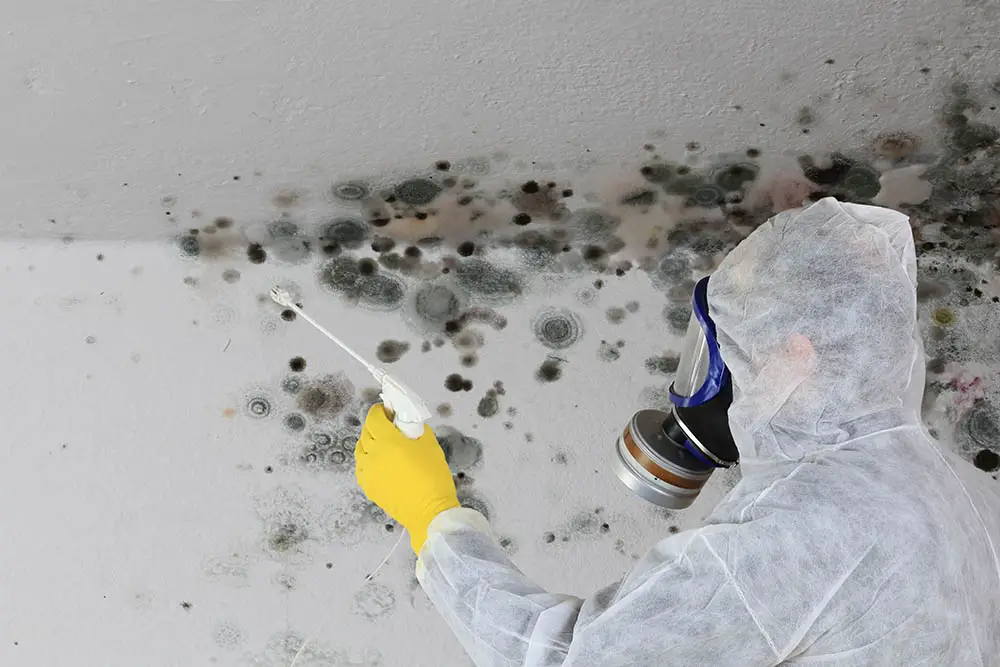If you’re trying to sell a house, or you’re looking to buy, it’s only natural to ask whether mold in the house is a real dealbreaker. After all, a home is a big investment that will be an integral part of your life. In this post, let’s discuss what you can do when you find mold in areas of the house you’re eying to buy or sell.
Should I buy a house with mold in crawl space?
Mold in a crawl space usually doesn’t seem like a huge issue at first glance. After all, it’s pretty much out of the way. You most likely won’t need to look at it on a regular basis since it’s out of your line of sight. However, if there’s mold in the crawl space right now, and you do not treat it or go through professional remediation the mold might spread. If you leave mold to fester it tends to reproduce, so you may find that the mold has started to make its way into other rooms of your house in a couple of months. Now, that doesn’t necessarily mean that you shouldn’t buy a house with mold in a crawl space since Mold in places like attics or crawl spaces is fairly common, and it’s something that can be remedied fairly easily.
It’s best to get a buyer’s survey done to see what’s causing the mold, and if it’s an easy fix you should go ahead and purchase the house if you have your heart set on it. You may need to make some further deliberations if it’s because there are issues with the foundations.
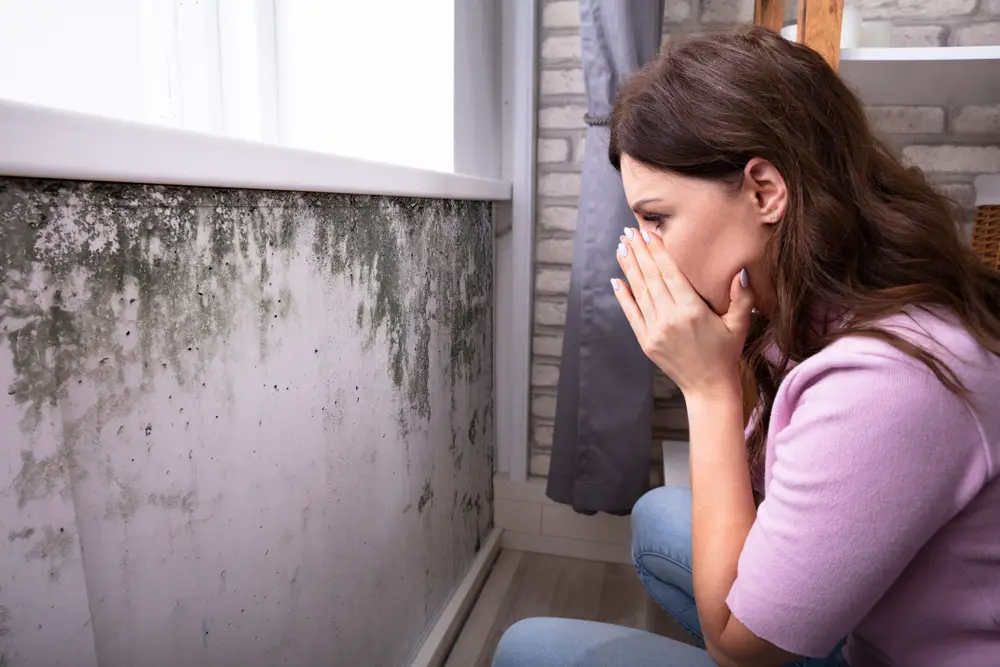
Should you buy a house with mold in the basement?
It can be rather concerning to see that a house you had your heart set on has mold in the basement. In these circumstances, should you still buy the house? Ultimately the answer depends on you and your opinions. There are a number of things that can determine whether it’s a good idea to buy a house that has mold in the basement.
The main thing to note is that mold can be rather common in basements. This is because basements are below ground structures, meaning that they are more susceptible to water ingress from the ground thanks to hydrostatic pressure. Because of this water ingress, there is usually a lot more moisture in the air, and this can then turn the area quite damp. Thankfully, this is an issue that can be remedied by installing an HVAC system or a dehumidifier to remove the moisture from the air. In more extreme circumstances, you may need to reconsider the level of waterproofing present in the basement if there is a lot of water coming into the basement.
The cost can vary depending on what needs to be done – you ultimately just need to figure out whether the labor costs and the time spent fixing the basement are worth it when you want to buy the home.
Can a house with mold be fixed?
Mold can be a pretty scary thing to see in your home, but fear not. It is indeed possible to fix a house with mold. Mold is ultimately caused by excess moisture in the air, so you need to remove that moisture in order to control the damp levels in the home. This could be through something as simple as installing a ventilation system or a dehumidifier, to as complicated as installing a waterproofing system in places like basements or attics.
Ultimately, in the vast majority of cases, you can indeed fix a house with mold. Some fixes just may be a little more complicated than others.
Who is responsible for mold in a new house?
This can depend on a number of different things. If you have been sold a home that has mold in it, and you didn’t know about it already, it could be your problem to fix it.
Before you buy your home though, you can ask for a full disclosure and get a survey done on the home, in which case you may be able to get the sellers to fix the mold in the home instead, since at that point it’s still their responsibility.
When putting an offer in on your home, you can also add a mold-related contingency into your offer which covers you when mold grows.


